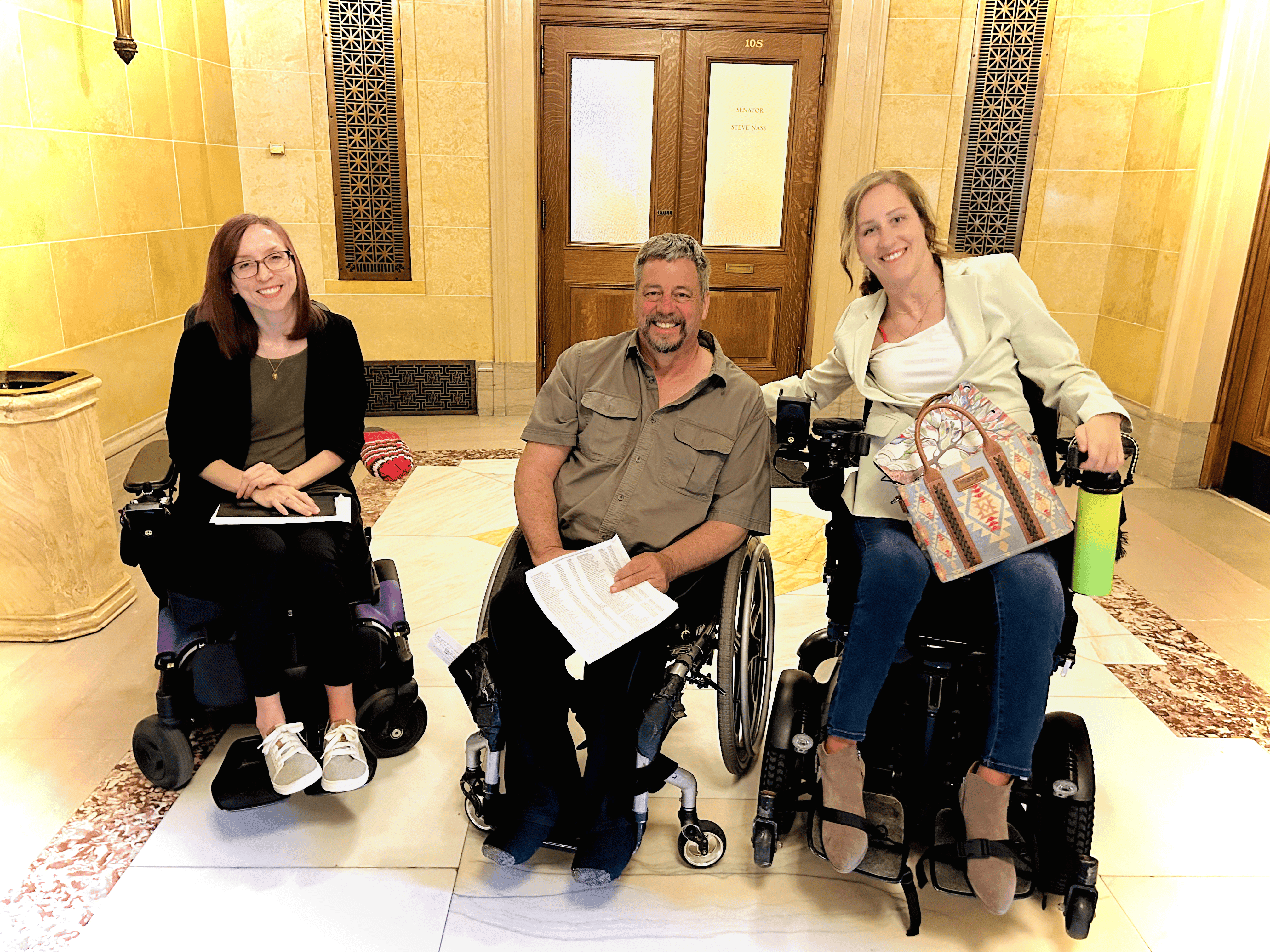
I worked as a bartender in my early 20s outside of Philadelphia at a place called the Covered Wagon Inn. Its name notwithstanding, the place had quite a heritage. Back in the day it had been a regular stop on the Big Band circuit. Count Basie, Glenn Miller and many others had performed in its ballroom. In fact, the small pub on the side of the complex was home to regular gigs with Jaco Pastorius’ father and his blind Fender Rhodes sidekick. They were a treat with a deep fat book of standards from the lexicon. Several times I had the weird pleasure of Jaco crashing his dad’s gig to go on a likely substance fueled improv session that bewildered and sometimes tipped over the suburban old fashioneds.
I cut my teeth as a bartender at private parties and events. One of those events was every third Friday of the month. It was run by a group called Parents Without Partners. The dark room would fill up with people who’d come out of failed relationships. While I was a bit too young to accurately understand these parents' relationship struggles, I was able to see that it was a room full of potential that too often didn't fulfill the love connections many were hoping for.
I hadn’t really thought too much about those gigs over the years until I became an advocate for curing Spinal Cord Injury. Before you scratch your head too hard, let me explain.
The problem with Parents Without Partners was that they assumed if you put all those folks in a room together (and provided some libations) good things would happen, organically. What I think now is that Parents Without Partners needed some facilitators in the room. People who had the skills to connect folks who didn't know how for a variety of reasons.
This is similar to our struggle of seeking cures for SCI. Researchers, clinicians, companies, investors and those who are injured tend to think that if the right people are in the room, then curative treatments will eventually happen, organically.
For a long time, I believed simply that there just weren’t enough rooms, events and opportunities for all the ‘right’ people to be in the room together.
While I still think this is true to some degree, I’ve come to believe that the assumption falls short of what we need.
We need more people who know how to facilitate connections between the people in the room. And these connectors need skills that are often in short supply. They have to know:
- The people in the room - what they want, what they need, what they can do and what they can’t do.
- What’s missing from the conversation, who’s not saying it - and why.
- How to synthesize all those wants, needs, capabilities and limitations into a set of propositions that can best allow ALL of them to be successful.
For the sake of further explanation, let's go back to Parents Without Partners. If I was one of the connectors, I would need to know some things about who was in the room on one of those Friday nights:
- Who’s here to find a long-term relationship?
- Who’s here for a fling or just a short-term relationship?
- Who’s here for conversation and companionship?
- Who’s here with some baggage that they do NOT want anyone to know about? Who’s here with baggage that they NEED to share with someone?
And so on. Knowing these combinations of wants, needs and motivations would go a long way toward knowing how to match folks up with each other, and increasing the probability that people go home happy.
It's similar in our advocacy work. We need to understand what drives everyone to show up in the first place. And in order to do that, we need to do some homework. That homework requires us to move beyond a simplistic read of the landscape as well as question the assumptions that we make.
This is why we have structured U2FP’s initiatives as they are, and continue to revise and tweak them so they remain relevant:
- Our annual conference, the Working 2 Walk Science and Advocacy Symposium is our attempt to educate our attendees and get the ‘right’ people in the room. But we don't just leave it there hoping that things will organically unfold. We continue to push our agenda towards meaningful connections and collaborations between the various stakeholders.
- Our Cure Advocacy Network has successfully passed 4 state funding Bills to accelerate SCI research in MN, PA, OH and WA, with ongoing and developing efforts in WI, TX and CO. Similarly, these efforts are incubators for effective relationships between the ‘right’ people to move discoveries to translation. And it’s working. After generating almost $12 million in research funding from state legislation, we have supported several clinical trials and studies that have delivered functional improvements for the chronic injury in almost 40 people. With Pennsylvania and Ohio beginning to fund projects this year, there will be many more coming soon!
- Our Scientific Advisory Board helps private SCI foundations vet the research they want to fund. In providing this service, we are creating relationships between those foundations and the labs they support. We have to begin thinking about what leverage we can utilize to move the science toward our goals, and not stop at simply funding it.
- Our CureCast podcast is a platform to both educate our community about what is going on in the SCI world beyond the media-hyped headlines, and ask community centric questions of the science and scientists. It is experiential homework for us, and we hope illuminating for our listeners.
Finally, our newer initiatives like our Quarterly Neuromodulation Conference Calls and our facilitation and development of an Activity Based Exercise Association (and public health impact study on the effects of exercise in the SCI population) are again attempts to bring our community together to incentivize the system to work more efficiently, strategically and effectively.
The SCI landscape is changing. It’s not the 80’s anymore and we have many reasons to believe that interventions are closer than they have ever been. But they won’t happen without many more of us getting more involved.
Blindly donating to science is like thinking you’ll find a partner from buying a round of drinks for the room. We have to be smarter than that. We are smarter than that. None of us doing this work want anyone going home without a meaningful intervention. Help U2FP facilitate these important connections in the SCI world by supporting our work.

















